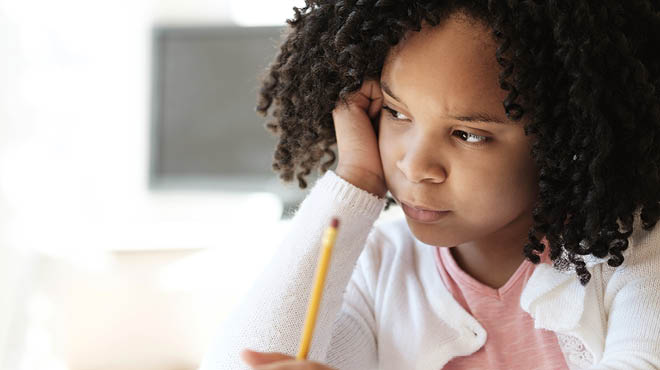Recent Posts
What you may not know about HPV
 HPV (human papilloma virus) is a common virus among young adults. According to the Centers for Disease Control, almost 80 million Americans currently have the virus, and an additional 14 million will contract it each year. It is transmitted sexually, and if you have not been vaccinated against the virus, it is likely you will contract it at some point in your life.
HPV (human papilloma virus) is a common virus among young adults. According to the Centers for Disease Control, almost 80 million Americans currently have the virus, and an additional 14 million will contract it each year. It is transmitted sexually, and if you have not been vaccinated against the virus, it is likely you will contract it at some point in your life.
Most often, there are no signs or symptoms with the infection, so people do not know they have it. Like the common cold, the body can fight off the virus. However, if it does not, it can lead to cancer or genital warts in men and women. Sometimes, the cancer does not show up for years or even decades later. Common cancers include cervical, vaginal, penial, anal, throat and neck. It also can lead to genital warts. More than a quarter of a million men and women are affected by genital warts annually, and more than 11,000 women are diagnosed with cervical cancer each year.
Why is the vaccine recommended at so young an age?
The reason the vaccine is recommended for your preteen or teenager is because it only works to prevent these illnesses, and we want to protect your child before they become sexually active. Since the vaccine’s introduction, cervical cancer has been reduced by two-thirds in teenage girls.
When should your child receive the vaccine?
The vaccine is approved and recommended by the Centers for Disease Control just like other childhood vaccines, starting as early as age 9. It routinely is given with their 11 to 12-year-old vaccines of Tdap and meningitis. Traditionally, three doses were recommended for all adolescents; however, the Advisory Committee on Immunization Practices and the CDC now recommend only two doses, which are separated by six months for those 14 and under. If the series is started later, between 15 to 26 years old, three doses are required, as studies have proven that older teens have less of an immune response toward the vaccine.
Is the vaccine safe?
Yes, the vaccine is safe. In fact, it has undergone some of the most in-depth testing and largest studies to date. The CDC has carefully studied and continues to monitor the risks and benefits of all vaccines, including HPV. The benefits of cancer prevention far outweigh risks and possible side effects. Just like any medication, there are potential side effects. The most common side effects are pain, redness or swelling at the injection site, fever, nausea and headache or fatigue. Some have reported fainting after injection; however, fainting can happen after any medical procedure, especially with teens. To help prevent this, it is recommended that they remain seated for 15 minutes after injection.
If you have questions or concerns about the HPV vaccine for you child, please talk to your primary care provider.
Jennifer LeGare is a nurse practitioner in Pediatrics & Adolescent Medicine in Eau Claire, Wisconsin.






